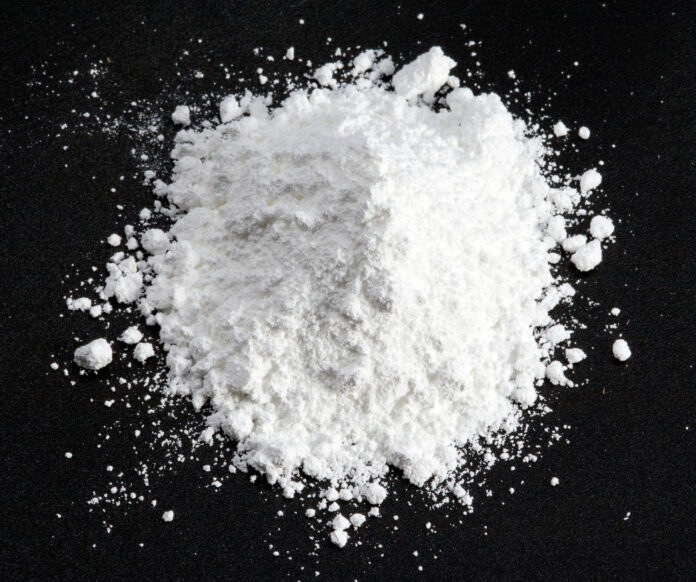Introduction

CMC (Chemical and Mineral Compounds) Baking Powder is a leavening agent used in baking to help dough rise. It typically contains a combination of an acid (such as cream of tartar) and a base (such as baking soda), along with a starch to absorb moisture and prevent the chemical reaction from happening prematurely. When CMC Baking Powder is mixed with liquid and exposed to heat, it produces carbon dioxide gas, which forms bubbles in the dough, causing it to rise and become light and fluffy. This is essential in recipes like cakes, muffins, and biscuits. CMC Baking Powder is known for its ability to provide reliable leavening, making it a popular choice in both home and industrial baking. The use of such baking powders helps ensure consistent results in terms of texture and volume.
Forms
CMC Baking Powder is commonly used in a variety of baking and cooking applications for its ability to help dough rise and improve texture. Here are some key uses of CMC Baking Powder:
1. Leavening Agent in Baking:
CMC Baking Powder helps baked goods rise by releasing carbon dioxide when mixed with moisture and heat, making it essential for cakes, muffins, pancakes, and other baked goods.
2. Improves Texture and Volume:
It creates a light, airy texture by increasing the volume of baked items, making them soft, fluffy, and more pleasant to eat.
3. Stabilizing Emulsions:
CMC Baking Powder helps stabilize emulsions in products like dressings, sauces, and ice creams, preventing separation and maintaining a smooth consistency.
4. Gluten-Free Baking:
CMC is often used in gluten-free baking to improve the texture and moisture retention in products that lack gluten, helping to provide elasticity and prevent crumbling.
Health Benefits of CMC Powder
While CMC itself doesn’t provide direct health benefits like vitamins or minerals, it has several indirect health-related uses and benefits, especially in food and medical applications. Here are some potential side effect of CMC Powder
1. Digestive Health (as a Source of Soluble Fiber)
CMC can act as a soluble fiber, which may help improve digestion and bowel health. It absorbs water and forms a gel-like substance, helping to soften stools and reduce constipation. By acting as a fiber, CMC may promote regular bowel movements, aiding in the prevention of constipation and supporting overall digestive health.

2. Weight Management
CMC’s ability to absorb water and expand in the stomach may help promote a feeling of fullness (satiety), potentially assisting with weight management. It can reduce hunger pangs by increasing the volume of food without adding significant calories.
3. Food Texture and Consistency
CMC is used as a thickening agent in various food products, such as sauces, soups, and dressings. It improves the texture and mouthfeel of food, making it smoother and more enjoyable to consume.
4. Hypoallergenic and Gluten-Free
CMC is often used in gluten-free baking as a binding agent and to improve texture. It helps mimic the elasticity and moisture-retention qualities that gluten provides in traditional baking, making it beneficial for those with celiac disease or gluten sensitivity.
Side Effecets
While CMC (Baking Powder is generally considered safe for consumption in moderate amounts, excessive use or sensitivity to certain ingredients may lead to some side effects. Here are some potential side effects of CMC Baking Powder

- Gastrointestinal discomfort (bloating, gas, diarrhea)
- Allergic reactions (skin rashes, itching, swelling)
- Potential impact on nutrient absorption
- Excess sodium (in some brands)
- Laxative effect (with excessive use)
This Article is for Basic Information. Contact a professional doctor before using it.
HAKEEM KARAMAT ULLAH
+923090560000




